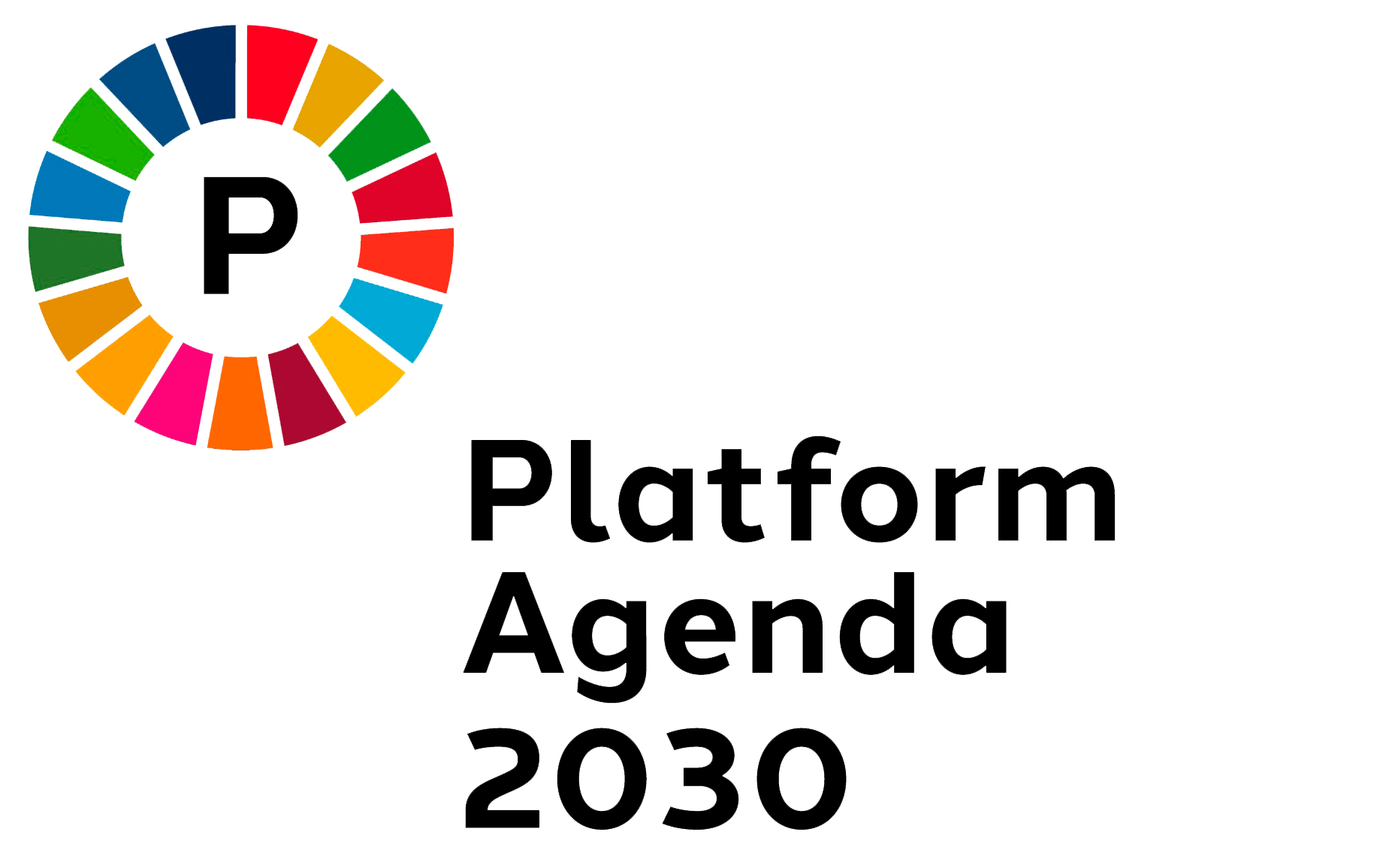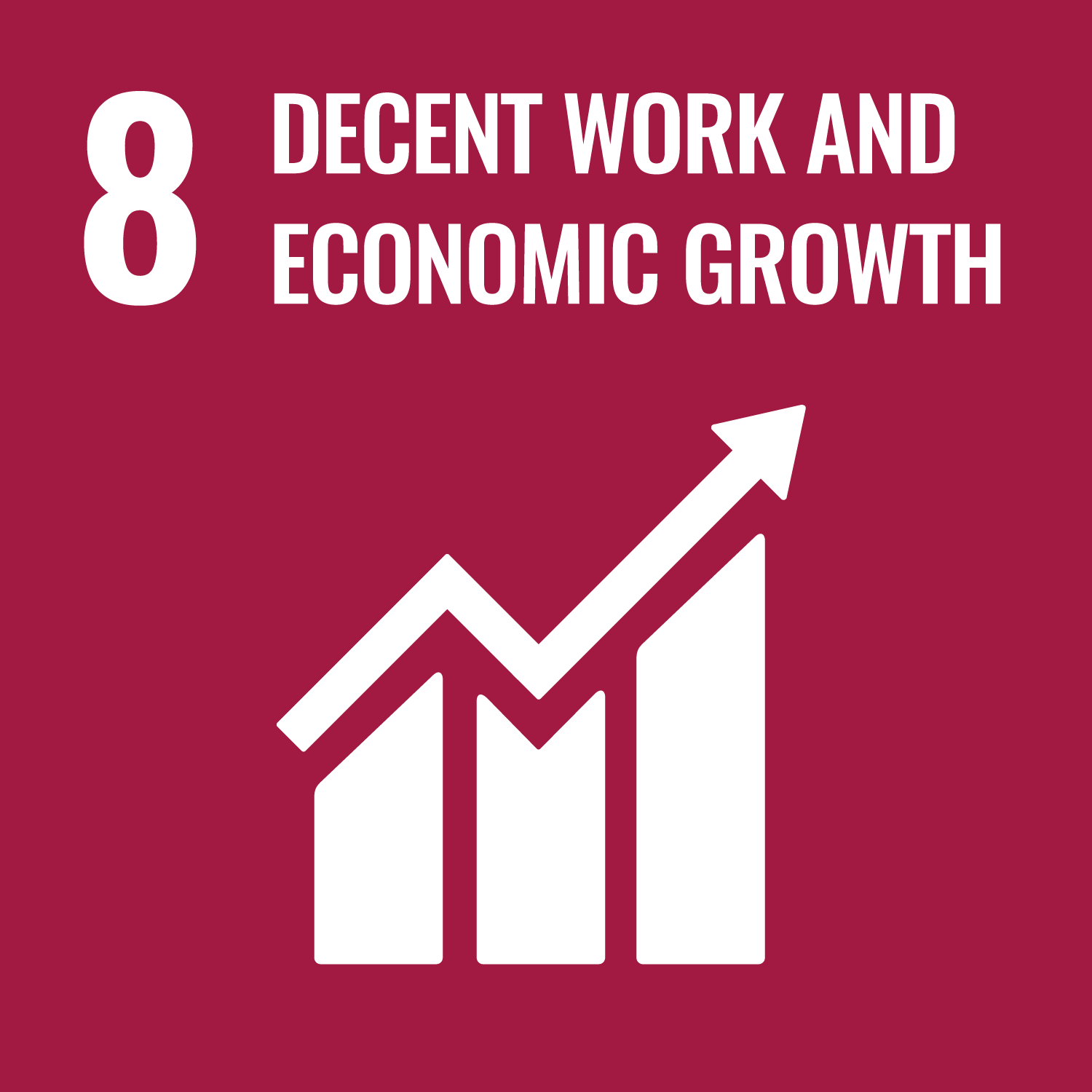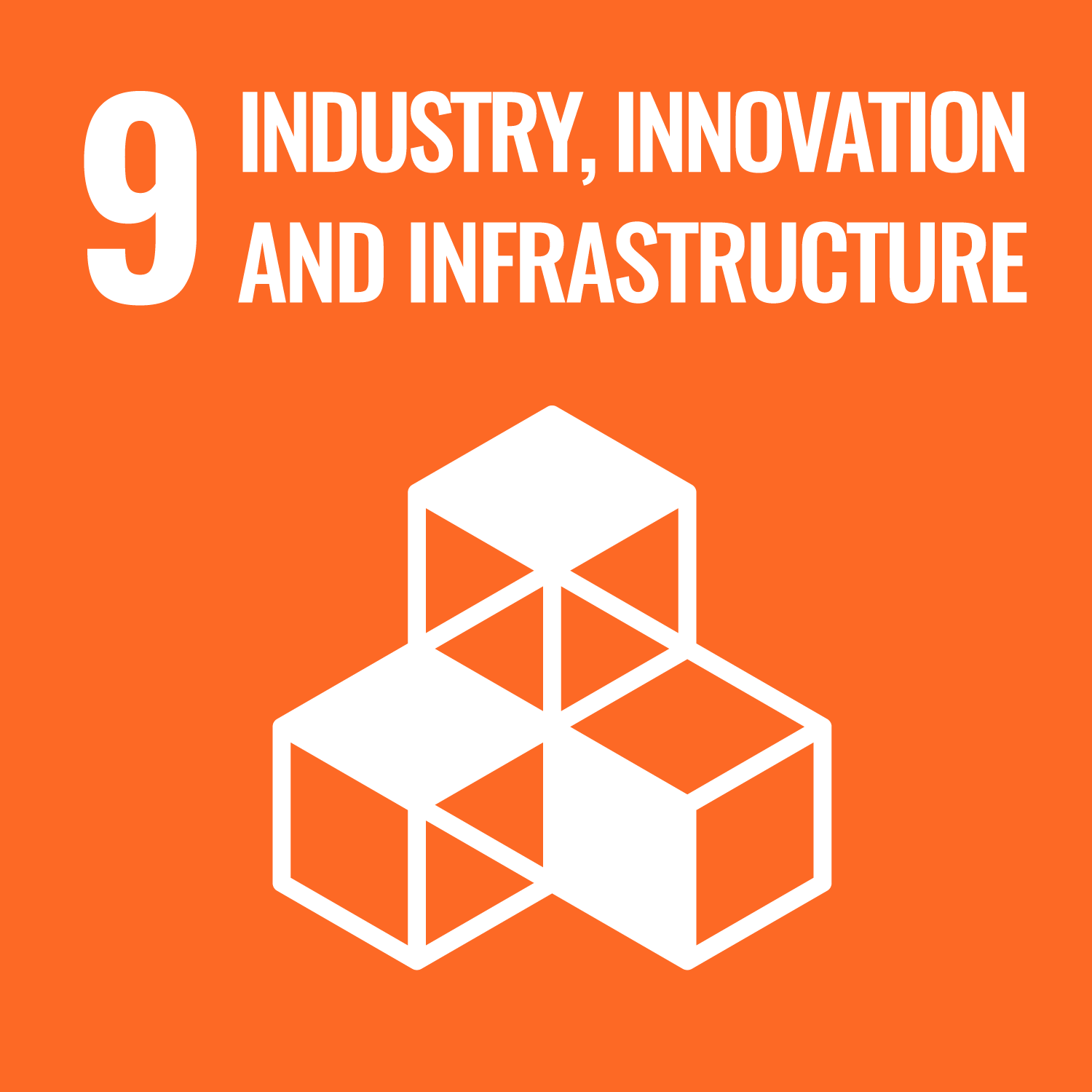Fair climate action
Switzerland is one of the world’s biggest per-capita greenhouse gas emitters. Since many of our consumer goods are produced abroad, around 60% are generated by production in other countries. Historically, our responsibility is significantly greater, however, because these emissions have been accumulating since the very beginning of industrialisation.
When calculating the Swiss contribution to international climate financing, the Federal Council disregards these historical emissions, just as it does those produced abroad. It deliberately underestimates Switzerland’s climate responsibility, and thus the fair share that we should pay towards the global target of mobilising 100 billion dollars annually to support climate action and adaptation in poorer countries. It is also appalling that it takes this contribution almost entirely from the development cooperation budget, instead of increasing government spending or usage-based levies in a socially acceptable way to fulfil its UN obligations.
Our greenhouse gas emissions cannot be reduced to zero across the board. Indeed, to limit global warming we will need negative emissions, but we cannot rely on technology alone to provide the solution here. The focus must therefore be on transforming our economy and the way we live.
The international offsets that the Federal Council is planning are short-sighted and unjust: short-sighted because they unnecessarily delay the reform of damaging subsidies, as well as urgent investment in renewable energies, and unjust because poor countries cede easy action on the climate to rich countries, who use it to offset their hugely excessive emissions. In addition, they limit the scope of these poorer countries to achieve their own reduction targets at a later date. Ultimately, all countries must get to net zero.
Investments in fossil fuels via Switzerland’s financial centre are co-funding a catastrophic increase in temperature of between 4 and 6 degrees Celsius. Neither public nor private-sector financial institutions or investors currently have any specific plans for how to finance ambitious climate targets. There must be a rapid withdrawal from fossil fuels and financing found for an innovative and climate-friendly economy.
- Switzerland takes action domestically to reduce its greenhouse gas emissions by at least half by 2030 and to net-zero by 2040 at the latest. It drafts a binding plan with specific interim targets that also takes account of the emissions caused abroad by our consumption at home.
- Switzerland doubles its contribution and pays at least one billion francs per year towards international climate financing. It accounts for at least one per cent of the total that is agreed internationally for after 2025.
- Climate financing is not charged to the development cooperation budget, but is funded as an additional item in accordance with undertakings to the UN.
- Switzerland defines usage-related and new sources of revenue to finance the just and socially acceptable transformation of the economy and society.
In collaboration with Andreas Missbach, Alliance Sud, Patrik Berlinger, Helvetas, and Stefan Salzmann, Fastenaktion/Climate Alliance
Report as PDF
- Swiss CSO Platform Agenda 2030. Policy Brief: Agenda 2030 & Climate. November 2019. (German, French and Italian)
- Alliance Sud: Switzerland must step up its game post-Glasgow. December 2021.







